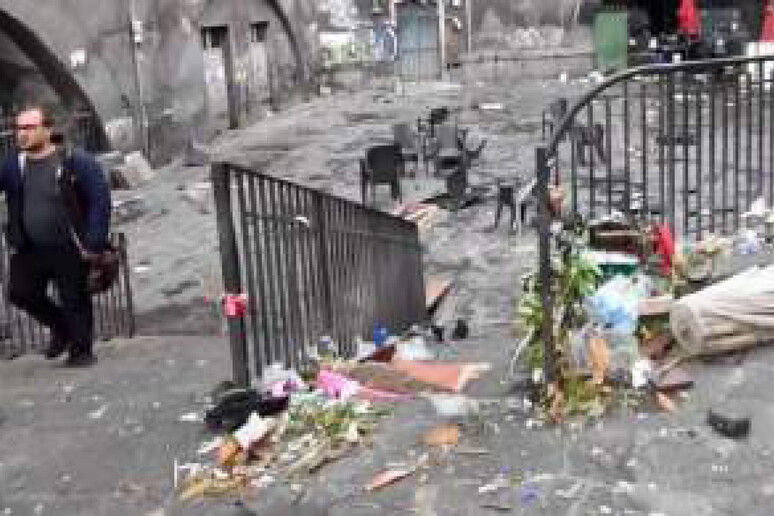This week's alarming new report by the
UN's Intergovernmental Panel on Climate Change's (IPCC) Working
Group II said the world is already plunged deeply into the
climate crisis, the risks are accelerating and the window to
take the necessary action is rapidly closing.
Furthermore, while no-one and nowhere is safe, the Mediterranean
is one of the areas of the world that is especially vulnerable.
"There is a whole chapter devoted to the impact in the
Mediterranean in the report and it is truly shocking," said
Mariagrazia Midulla, WWF Italia's head of climate and energy.
"The consequences of the climate crisis could seriously
undermine the foundations of our model of life and our economy,
starting with agriculture and tourism, and affect everyone.
"The Mediterranean region is a hotspot for climate risks that
are strongly connected between each other because of a
particular combination of major multiple climate risks and high
vulnerability.
"We should be at the head of the most ambitious countries on
climate action and work intensely to adapt to the inevitable
impacts.
"We are not doing one or the other and this must change at
once".
The report said that the land surface temperature of the
Mediterranean had already increased by 1.5°C and this could go
up by as much as 5.6°C by the end of the century, depending on
the emissions scenario.
It said drought has become increasingly frequent and intense,
especially in the countries of the northern Mediterranean, and
this could further increase, while the level of precipitation
could drop between 4% and 22%.
The risk of coastal flooding could increase by 37% in the
Mediterranean in areas that are currently home to 42 million
people.
The climate crisis also threatens water supplies, which will
affect hydroelectric capacity and agricultural yields.
Areas affected by forest fires could increase by 96-187%.
"The IPCC report highlights the consequences of our inertia,"
said Midulla.
"The WWF believes world leaders should listen to the warnings of
the scientific community and change pace both in terms of action
to eliminate the cause of the climate crisis (emissions from the
use of fossil fuels, deforestation etc) and action to adapt to
the now-inevitable changes and try to minimize the costs for
economies and for nature".
ALL RIGHTS RESERVED © Copyright ANSA











